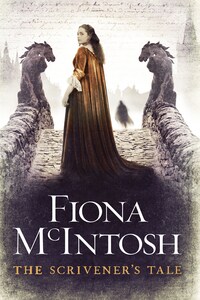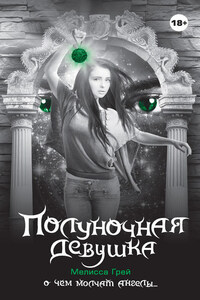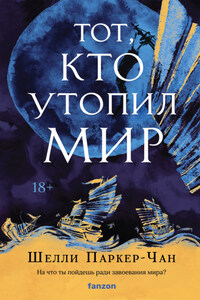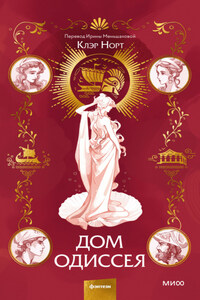He stirred, his consciousness fully engaged although he was unable to recall the last occasion anything had captivated his interest. How long had he waited in this numb acceptance that a shapeless, pointless eternity stretched ahead, with boredom his only companion? He was inconsequential, a nothingness. Existing, but not in a way that had worth or even acknowledgement … suspended between now and infinity. That was his punishment. Cyricus laughed without mirth or sound.
He was in this limbo because the goddess Lyana and her minions had been victorious several centuries previous, crushing the god Zarab. It had been the most intense confrontation that he could recall of all their cyclical battles, and Zarab’s followers, himself included, had been banished from the spiritual plane to wander aimlessly. He was a demon; not as powerful as his god, Zarab, but not as weak as most of the disciples and certainly more cunning, which is probably why he’d evaded being hunted down and destroyed. He and one other — a mere disciple — had survived Lyana’s wrath.
Cyricus remained an outlaw: a life, but not a life — no longer able to move in the plane of gods and never able to return to it, but he’d never given up hope. One day, he promised himself, he would learn a way to harness the power he needed, but not yet. He was not nearly strong enough and must content himself to exist without substance on the edge of worlds, and only his fury to keep him company.
But it was ill fate that he had recognised a fantastically powerful force emanating from the mortal plane; that force, he learned, was called the Wild. It sprawled to the northeast of an unfamiliar land called Morgravia. He’d been drifting in his insubstantial form for what might have been centuries, finally unwittingly veering into northern Briavel toward the natural phenomenon known as the Wild. It had sensed his evil and his interest long before he’d fully recognised its power: with the help of its keeper, Elysius, the Wild had driven the spirit of Cyricus and his minion into the universal Void. He could do nothing now but watch, bored, over more centuries, while mortals lived and died their short, trivial existences.
And then a young woman in Morgravia had done something extraordinary, fashioning a powerful magic so sly and sinister, so patient and cunning, that if he could he would have applauded her. It dragged him from disinterested slumber to full alertness, amusement even. This village woman, still languishing in her second decade, had crafted an incantation so powerful that she gave it an existence of its own: it had no master but it appeared to obey a set of rules that propelled it toward a single objective. Most curious of all, rather than cursing the man she loathed, Myrren had instead gifted her dark spell to his enemy, a boy.
Cyricus set aside his own situation and yearnings and gleefully focused his attention on the boy — plain, red-headed, forgettable if not for his name and title. He was Wyl Thirsk, the new hereditary general of the Morgravian Legion — forced to accept the role at his father’s untimely death — and he had no idea that his life had just taken a deviant path. Even Cyricus had no idea what the magic could do, but he could see it, shifting as a dark shadow within Thirsk. What would it do? What could it do? And when? Cyricus was centuries old; he was patient and had learned through Lyana’s punishment how to remain that way. Whatever magic it was that the young woman Myrren had cast, he was sure it would, one day, show itself.
It took five annums — a mere blink to him — before Cyricus could see the effect of Myrren’s gift. When it finally quickened within the young man and demonstrated its capacity, Cyricus mentally closed his eyes in awe.
It was a beautiful magic answerable to no-one.
And it was simple, elegant, brutal.
Wyl Thirsk moved haplessly, and savagely, through different lives while the magic of Myrren raged, always seeking that one person its creator hunted. Cyricus watched, fascinated, as the magic wreaked its havoc: changing lives, rearranging the course of Morgravia’s, Briavel’s and even the Razor Kingdom’s history.
And then at the height of his amusement it stopped. The spell laid itself to rest as abruptly as it had begun, although the land in which it had raged was an entirely changed place. Four kings had died in its time — two of those directly because of it — and a new empire had emerged. And the target of Myrren’s gift — and her curse — was finally destroyed.














